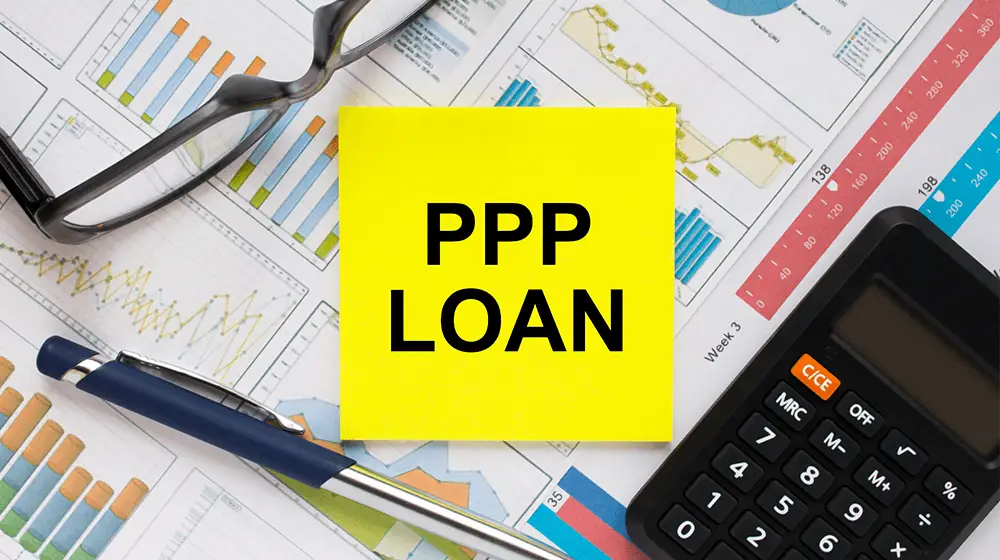According to Texas Rep. Roger Williams, the Small Business Administration (SBA) has decided to stop collecting Paycheck Protection Plan loans with a balance less than $100,000.
The PPP was past of the CARES Act, passed in March 2020 in response to the Covid pandemic. By April 2020, the SBA was distributing PPP monies. The program ended May 31, 2021.
In a statement this week, Williams, who chairs the House Committee on Small Business, weighed in on the SBA’s decision.
Williams noted that the PPP program provided about $800 billion in PPP loans to 12 million businesses. But, he said in a statement, “criminal opportunists” used the money illegally and “defrauded this pandemic assistance program.”
“Americans must be assured that these actions by the SBA are not letting bad actors off the hook by failing to scrutinize this large number of loans.”
The SBA’s Oversight of the PPP
Although PPP loans are guaranteed by the SBA, applications and awards for the funds were made through SBA-approved lenders. The lenders are required to make every effort to collect on loans that go into default.
In December 2022, the SBA took action on two third-party companies who worked with PPP lenders. The SBA took the action in response to a report from the House Select Committee, which detailed “serious problems of fraud and self-dealing.”
At that time, the SBA suspended non-lenders Blueacorn and Womply from working with the SBA in any capacity. The SBA also launched a full investigation of the lenders Benworth, Capital Plus, Celtic Bank, Customers Bank, Cross River Bank, Fountainhead, Harvest, and Prestamos, as well as the individuals and other related entities named in the report.
More recently, on March 2, 2023, SBA Administrator Isabella Casillas Guzman issued the following statement:
“Since day one, I’ve pushed my team at the SBA to ensure that protecting the integrity of our essential programs is top priority by implementing new tools to verify applications and substantially mitigating fraud as a result. Under the Biden-Harris Administration, the SBA has referred tens of thousands of potential instances of fraud to the Office of the Inspector General, including those that occurred in 2020.
While we still have work to do, I’m confident that these resources – including the proposed allocation of an additional $100 million for the Office of the Inspector General – will equip our partners to better protect the interests of American taxpayers.”
Get the latest headlines from Small Business Trends. Follow us on Google News.
Image: Depositphotos
The post originally appeared on following source : Source link

